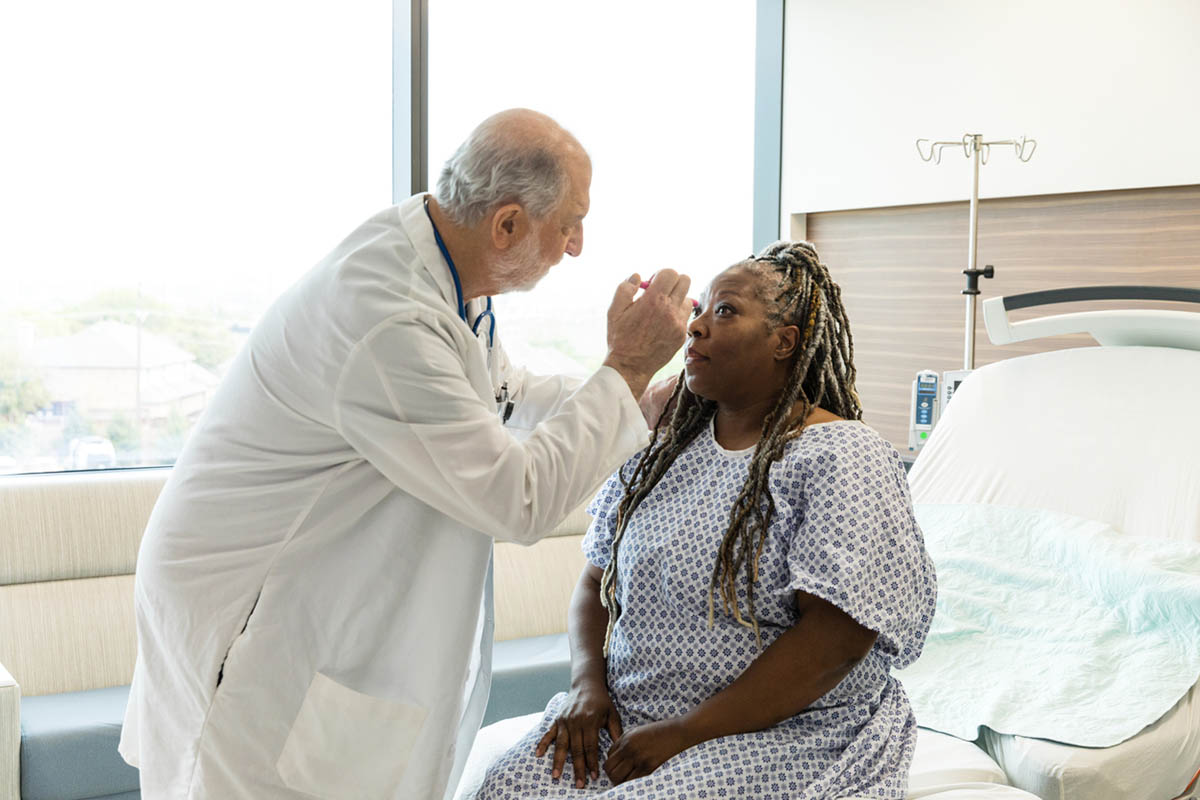Background: This study examines whether women who become depressed at one reproductive cycle event, e.g., postpartum, are likely to become depressed at other such events.
Method: Seventy-two women in treatment for major depression were asked to complete a questionnaire assessing mood at 4 different reproductive cycle events, i.e., while premenstrual, taking oral contraceptives, postpartum, or perimenopausal. All diagnoses were made using DSM-III-R criteria. Rank-order correlations (r) were determined between mood ratings for different reproductive cycle event pairs.
Results: Significant correlations were found between premenstrual and perimenopausal mood ratings (r = 0.41) and between postpartum and perimenopausal mood ratings (r = 0.64). Development of severe depression during the latter 2 events was strongly correlated (r = 0.87). Women who developed severe depression during at least 2 reproductive cycle events were more likely to have bipolar disorder, a family psychiatric history, and a younger age at onset.
Conclusion: These findings suggest that there may be a unique subgroup of women who are vulnerable to depression at reproductive cycle events.
This PDF is free for all visitors!





